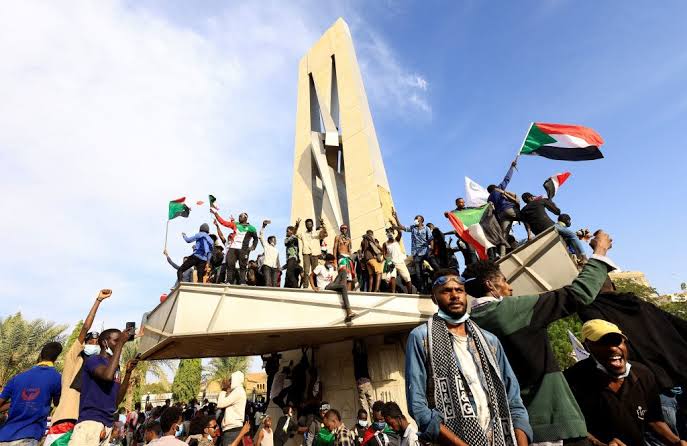Sudan, a resource-rich but impoverished nation, is facing a deadly conflict that threatens to derail its hopes of democracy and destabilize the surrounding region. The conflict erupted over the weekend between two rival military groups vying for power, leaving almost 200 civilians dead and millions caught in the crossfire.
The fighting, which has been fierce in the capital city of Khartoum and beyond, has involved airstrikes, artillery pounding, and gun battles for control of key sites such as military bases, the presidential palace, and the state television building. Both sides are accusing the other of starting the conflict, and it is unclear who has the upper hand.
The situation has become so dire that even a U.S. conciliatory convoy came under attack. In response, Secretary of State Antony Blinken spoke to the leaders of both sides on Tuesday and urged them to agree to a 24-hour ceasefire. Both leaders agreed, but it remains to be seen whether this will be enough to stop the conflict from spiraling further out of control.
The conflict in Sudan is raising fears of a bitter civil war that could have devastating consequences for the country and the wider region. Sudan’s hopes for a democratic future are now in jeopardy, and the suffering and sacrifices of its people are likely to continue unless a lasting peace can be established.
Inputs: The New York Times
By Tiasola Pongen. The writer is a fourth year student under the Department of Community Science in Central Agricultural University, Tura Meghalaya. She can be contacted at tiasolapongener12@gmail.com

